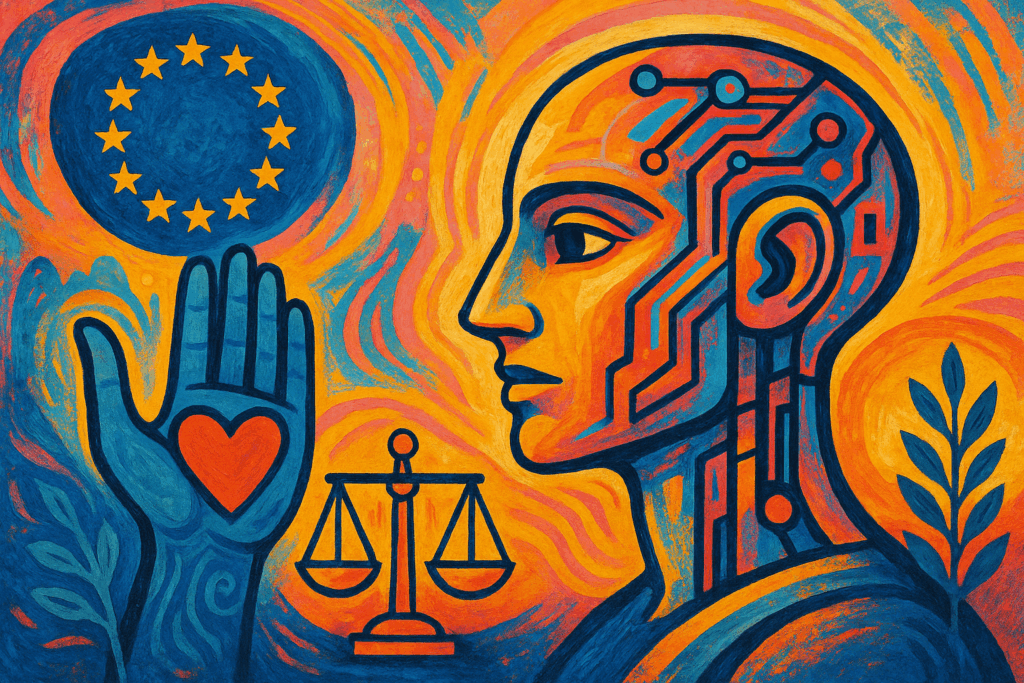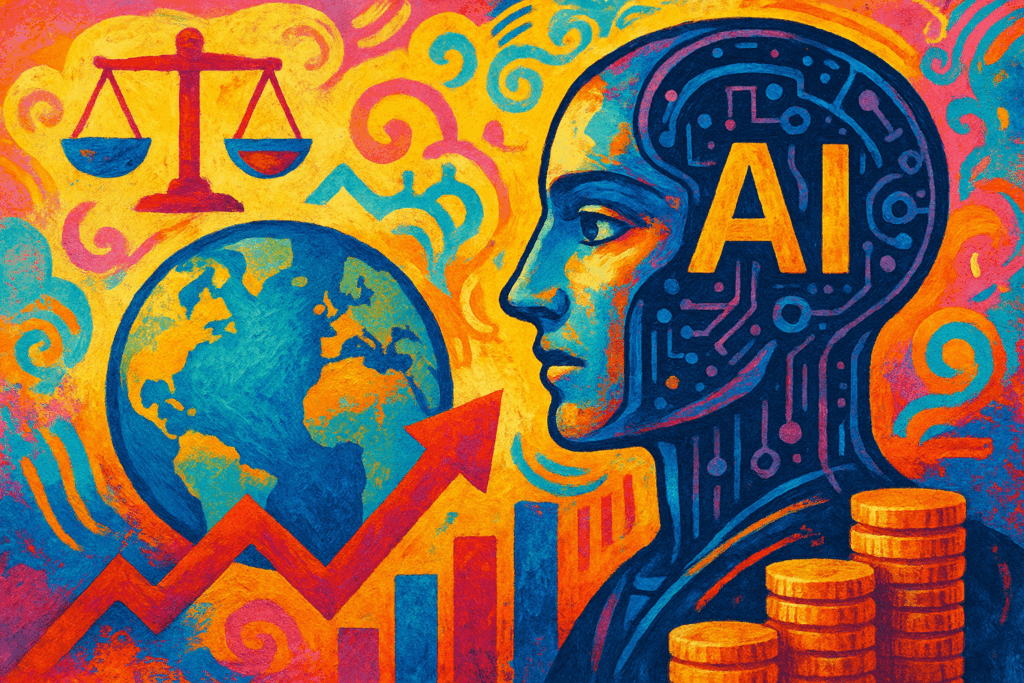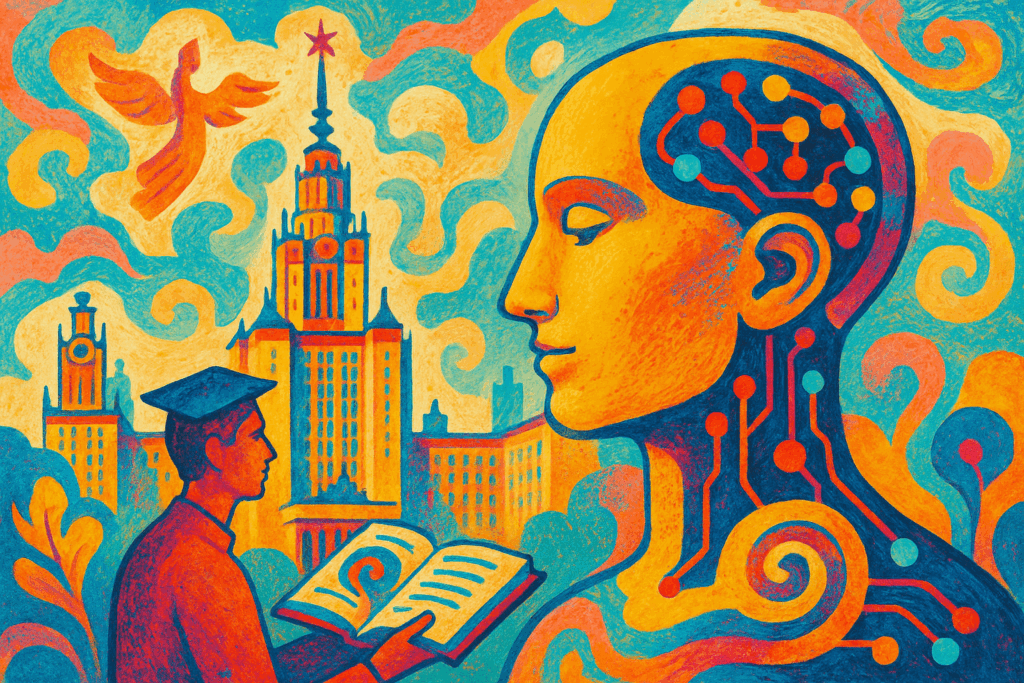The Growing Call for AI Regulation
The rapid development of artificial intelligence presents both significant opportunities and challenges. Effective regulation is necessary to guide the responsible evolution of AI technologies. In the financial sector and beyond, regulating AI helps prevent risks such as bias, discrimination, and threats to personal dignity, creating a trustworthy foundation for innovation and investment.
Human Rights at the Core of AI Development
Artificial intelligence systems have the potential to impact fundamental human rights. These include concerns around discrimination, privacy, and the preservation of human dignity. Addressing these issues within AI frameworks is essential to prevent harm and protect individuals from unfair treatment caused by algorithmic decisions.
Europe’s Legislative Leadership
Key European Frameworks
Europe has positioned itself at the forefront of AI governance through a series of legislative initiatives. The Council of Europe Framework Convention on Artificial Intelligence sets broad principles to protect rights and democratic values in AI use. The proposed EU AI Act establishes risk-based requirements for AI systems, emphasizing transparency and accountability. Additionally, the Digital Services Act reinforces the regulation of digital platforms, impacting how AI-driven products and services operate within markets.
The Path to Responsible AI Innovation
Commissioner Helena Dalli O’Flaherty emphasizes that regulation is not simply a constraint but a framework that fosters ethical and sustainable AI advancement. The private sector has a pivotal role in aligning AI development with legal and ethical standards. For businesses and investors, these regulations provide clarity, encouraging innovation that respects human rights and drives long-term value. Ultimately, Europe’s approach seeks to balance technological progress with societal trust, ensuring AI benefits both the economy and individuals.




